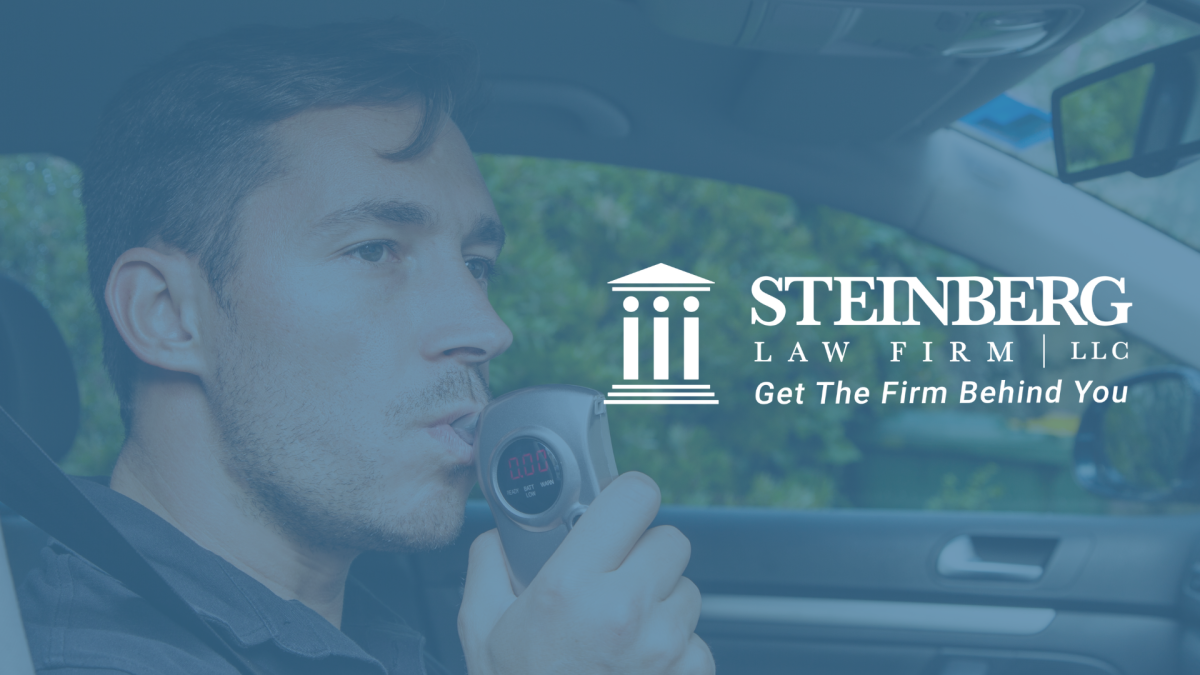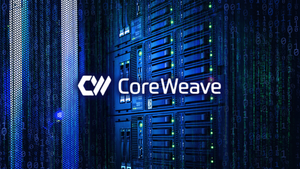
Charleston, South Carolina – The new law requires those convicted of driving under the influence in South Carolina to have an ignition interlock device installed on their vehicle. The device requires a driver to provide a breath sample to start the car. If the device detects a blood alcohol content (BAC) of 0.02 percent or higher in the breath sample, it prevents the vehicle from starting.
Ignition Interlock Devices in South Carolina
The new law requires those convicted of driving under the influence in South Carolina to have an ignition interlock device installed on their vehicle. The device requires a driver to provide a breath sample to start the car. If the device detects a blood alcohol content (BAC) of 0.02 percent or higher in the breath sample, it prevents the vehicle from starting.
Once the vehicle is running, the device also requires drivers to pull over and provide a breath sample at random intervals. The random testing seeks to ensure the driver didn’t start drinking after starting the vehicle.
In 2014, South Carolina passed its initial version of an ignition interlock law. At the time, the law required ignition interlock devices for only certain situations. These included requirements for repeat offenders. A first-time DUI conviction could also come with an ignition interlock requirement if the person convicted had a BAC of 0.15 or higher on a breath test. A BAC of 0.15 is nearly twice the federal legal limit for most drivers.
Under the new law, the ignition interlock requirement expands to include all drivers convicted of driving under the influence.
Ignition Interlock Use and Safety Statistics
All fifty US states have some form of ignition interlock law. Not all states have rules as expansive as the new South Carolina law, however. For drivers who drive with an Administrative License Suspension (first offense), the states that require ignition interlock include Alaska, Arkansas, Colorado, District of Columbia, Hawaii, Illinois, Iowa, Kansas, Mississippi, New Mexico, Oklahoma, Utah, Vermont, & Washington.
Although interlock use is low nationwide, the benefits of using these devices can be high. The CDC also estimates that interlock devices decrease repeat cases of drunk driving by nearly 70 percent compared to merely suspending a convicted person’s license. The devices also decreased drunk driving fatalities from 2001 to 2019 by approximately 26 percent when required for all offenders. Also, there were 20 percent fewer drunk drivers when an ignition interlock was required specifically for repeat and high-BAC offenders.
Between 2006 and 2020, ignition interlock devices prevented 3.78 million attempts to drive while drunk in the US. In 2020 alone, these devices prevented 390,456 attempts to drive drunk, according to a 2021 report by Mothers Against Drunk Driving (MADD).
Between 2006 and 2020, ignition interlock devices stopped 12,655 impaired drivers in South Carolina, including 2,072 prevented trips in 2020. That’s approximately 5.6 impaired people prevented from driving a vehicle every day in South Carolina.
Debate Over the New South Carolina Interlock Requirements
Proponents point to the benefits of safer roads when supporting ignition interlock laws. Critics, however, are often quick to point out that an interlock device imposes extra costs on those convicted of DUI.
South Carolina’s ignition interlock requirement will cost about $150 for installation plus $3 per day for operation. The new law allows drivers who can’t afford these costs to apply to the state for financial assistance. State assistance with costs is recommended by the National Highway Traffic Safety Administration (NHTSA) as one element of a successful interlock law. Several other states, including Colorado, New Mexico, and New York, have similar programs.
Ignition interlock laws also allow those convicted of DUI to continue supporting their families and communities. In an NHTSA survey, drivers who used interlock devices after a DUI conviction typically found them inconvenient. However, these drivers acknowledged the requirement was fair.
Family members were typically in favor of the devices. Family members of convicted drivers said the devices provided peace of mind. When an interlock was installed, family members could trust that their loved one was not driving drunk. Both drivers and their families praised the device for making it possible for the convicted person to continue going to work, running errands, and carrying on with daily life – things the driver could not do with a suspended license.
Attempts to Combat Drunk Driving in South Carolina Continue Despite advances in technology and policies to curb drunk driving, thousands of people die or are severely injured in alcohol-related crashes each year, according to MADD.
South Carolina’s new ignition interlock law brings the state in line with best practices for interlock use. Both MADD and the NHTSA, however, recommend several other best practices. South Carolina and many other states have yet to align with all these standards.
Every driver has a responsibility to monitor their own sobriety and make wise choices about travel. When a driver fails to live up to this responsibility, others on the road may pay the price. If you or someone you love has been injured or killed, talk to an experienced attorney today. The team at the Steinberg Law Firm is here to discuss your options.
The Steinberg Law Firm has been assisting victims of negligence in South Carolina since 1927 including personal injury, workers’ compensation, and car accidents. For more information, please contact the firm at 843-720-2800 or visit our website.
Steinberg Law Firm
61 Broad Street Charleston, SC 29401
(843) 720-2800
https://www.steinberglawfirm.com/
Press Contact : Steinberg Law Firm
Distributed by Law Firm Newswire






